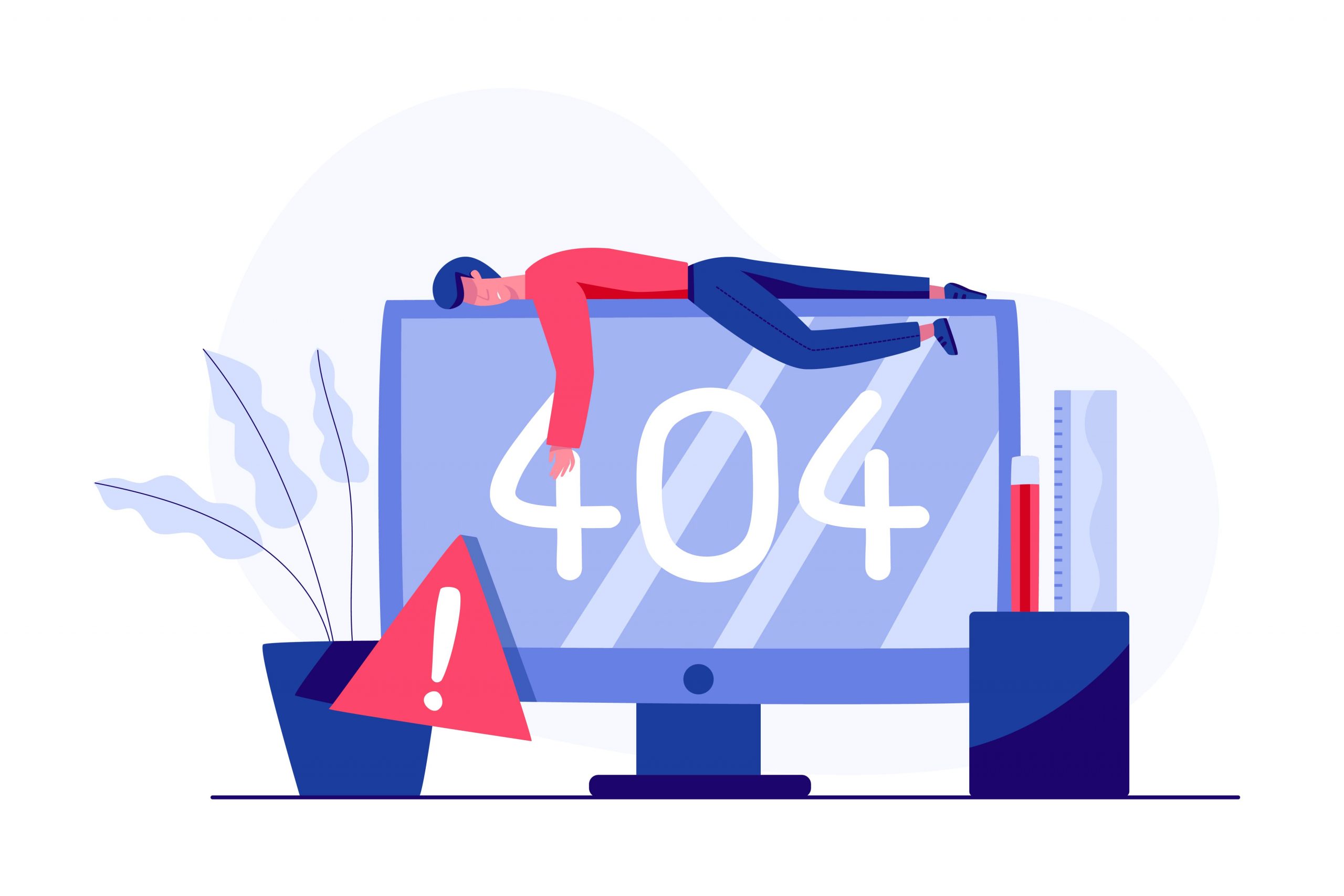Android OS remains the primary target for businesses looking to develop their proprietary mobile application. The popularity of this OS can be gauged by the fact that it holds a massive market share of total mobile operating systems. It is open-source and undergoes regular updates with enhancements and new functionalities.
While Android app development in India seems easy to us, it comes out as challenging for developers. Each project requires high-end knowledge and expertise. Apart from this, there are many challenges that make the process even more tough. So, if you are a developer yourself or someone looking to choose it as a career, consider reading this article.
In this blog post, we will discuss the 10 most common challenges every developer faces in Android app development in India.
Common Challenges Android App Developers Face
Hardware App Features
As Android OS is completely different from other mobile operating systems, it gives an advantage to smartphone manufactures to customize the OS to their specific requirements. Additionally, there are no regulations over manufacturers releasing different devices with the same Android versions.
While these aspects are highly user-centric, it raises concern for app developers. For instance, two smartphones running on the same latest Android OS may have different screen sizes, resolutions, cameras, and other hardware structures. So, it is important for developers to account for all these aspects during the development stage to deliver a personalized experience to users.
Absence of uniform UI App design rules
As there is no standard User interface (UI) design rule rolled out by Google, many junior developers find it hard to follow any standard UI development procedures.
Therefore, they end up creating customized UI interfaces, which leads applications to look different across different smartphones. This incompatibility of the user interface often affects the user’s experience.
However, skilled developers have found a good way to deal with this challenge. They often go with responsive layouts and themes that keep UI similar across all different devices. But the real challenge poses after the development stage. They need to test-run the UI by combining emulators and real devices, which is time-consuming.
Lack of API Compatability
APIs are an important aspect of the Android app development stage. Most developers rely on third-party APIs to enhance the functionality of their apps. Unfortunately, there is always a risk of security breaches as not all third-party APIs are of high quality and some are available through unreliable sources.
At the same time, the top concern of a developer remains API compatibility. As some APIs are specifically created for an Android version and may not support other versions of the OS. Therefore, developers often have to figure out ways to make a single API compatible with all Android versions.
Security Risks
As said earlier, Android is open-source, which is an advantage and disadvantage in itself. Due to its open-source aspect, manufacturers find it easy to customize the OS to their specifications and requirements. However, the OS’ open-source nature and vast market share make it an easy target for security breaches and attacks.
There have been hundreds of instances where the security of Android smartphones was compromised due to security flaws and bugs like Stagefright, FakeID, mRST, ‘Certifi-gate,’ TowelRoot, and Installer Hijacking.
During the development stage, it becomes challenging for a developer to choose security features that are robust and integrated with the latest encryption mechanisms to keep data and privacy protected.
Search Engine Visibility
After the development stage, the biggest challenge posed in front developers is to promote their mobile apps. The Google Play Store contains a million applications and a large number of users prefer free apps over paid ones. It becomes even more challenging if you are offering a paid app. All you need is to increase search engine visibility through digital marketing strategies. Most skilled developers hire digital marketing experts to promote their apps to reach their target audience.
Patent Issues
As Google lacks providing any guidelines related to the evaluation of the new app’s quality. Sometimes, this results in causing patent-related issues for Android app developers. In some cases, developers need to design and modify their apps to avoid patent conflicts. The redesigning and modification process is somewhat time-consuming and may incur additional costs.
Software Fragmentation
As different devices run different OS versions, it stands as a huge task for designers and developers to deliver top user experiences.
Despite receiving regular updates from Google, many users prefer to use the existing versions. For instance, the Android 6.0 update currently has a bigger market share than its latest counterpart – 7.0 Nouget and 8.0 Oreo. This diversity raises concern for developers to consider multiple versions of Android OS when crafting an app.
Battery Consumption & Performance App
Battery consumption and the app’s performance are the two important factors in Android app development in India. It stands as a challenge for developers to create a high-performing app that consumes less battery. However, smart developers often create a beta version of the app first and get it tested rigorously to ensure it runs smoothly without compromising the performance and battery issues. However, the solution is both time-consuming and costly.
Programming Languages
There are many programming languages available that Android app developers can use to create a feature-rich mobile app. The most common ones of them are Java and Kotlin.
Despite the fact that Java is the oldest programming language, it requires more lines of code, while Kotlin doesn’t. So, choosing the one to start with, poses another challenge in Android app development in India.
Storage Capacity
Last but not least, a good Android app is one that doesn’t deplete the device’s storage. Who does want to keep the app if it idly eats up the storage of their device? Therefore, it becomes essential for developers to develop a high-performance app that takes less storage.
Conclusion
The Android app development in India holds a good share of the world’s total. While the opportunities in the sector are limitless, there are several challenges every developer faces. However, with advancements in technology, skilled developers have overcome these challenges to a great extent.
Meanwhile, if you’re a junior Android app developer or starting out, these challenges will help you become a specialist in the app development field.





